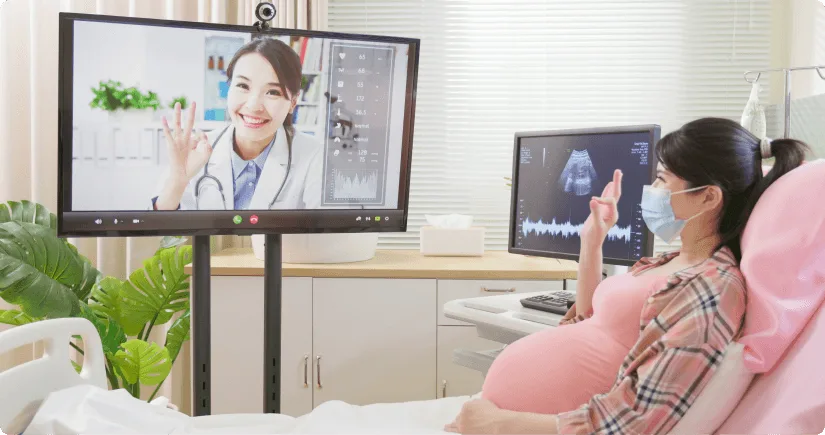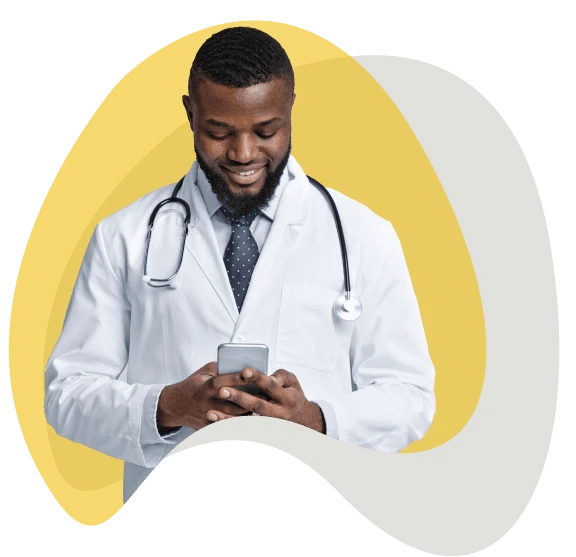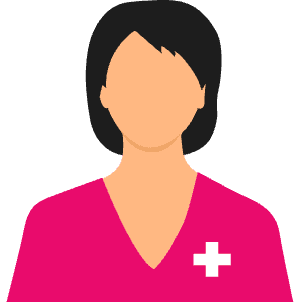For optimal results, it is imperative that patients adhere to prescribed therapeutic regimens when undergoing treatment with specialized medicines. However, despite the importance of this, many patients struggle to take medications as prescribed, leading to negative outcomes such as hospitalizations, increased healthcare costs and even death. According to the Journal of Managed Care & Specialty Pharmacy, approximately 125,000 deaths and 10% of hospitalizations occur yearly in the US because patients don’t follow treatment protocols. In addition, medication nonadherence costs the US healthcare system nearly $300 billion annually.
But there is hope! Pharmaceutical companies have recognized this issue and are prioritizing collaborative care by establishing communication channels that bring pharmaceutical companies, HCPs and patients together. This is a groundbreaking shift from the traditional model of medicine, where drug developers and manufacturers rarely had direct contact with individual patients. Many believe that by doing this, pharmaceutical companies will be able to significantly improve medication adherence rates, ultimately leading to better patient outcomes and cost savings for the healthcare system.
The Solution

Fortunately, there is a simple solution that can help pharmaceutical companies improve and make this a reality. By digitally transforming the patient experience, companies can quickly and efficiently improve medication adherence. For example, specialized treatments require extensive monitoring and follow-up, and mobile technologies can help by enabling pharmaceutical companies and HCPs to be there with a patient 24/7. Through the exchange of real-time data and information, pharmaceutical companies can instantly remind patients to take their medications, quickly answer questions related to dosing and interactions, be there for support when patients experience side effects and more.
Another benefit mobile technologies can provide is the ability to collect data on drug use. Such data allows for individualized medication management and can help HCPs react more quickly. For instance, this data can trigger notifications about medication nonadherence and signal HCPs to intervene before patients experience adverse consequences. And that’s where ZING can help.
How ZING Can Help

ZING is revolutionizing the patient experience by providing a seamless, hassle-free experience that’s no different than exchanging texts or WhatsApp messages. And thanks to its AI-powered automations, the platform ensures that your teams are always there for patients, regardless of time, location or availability.



